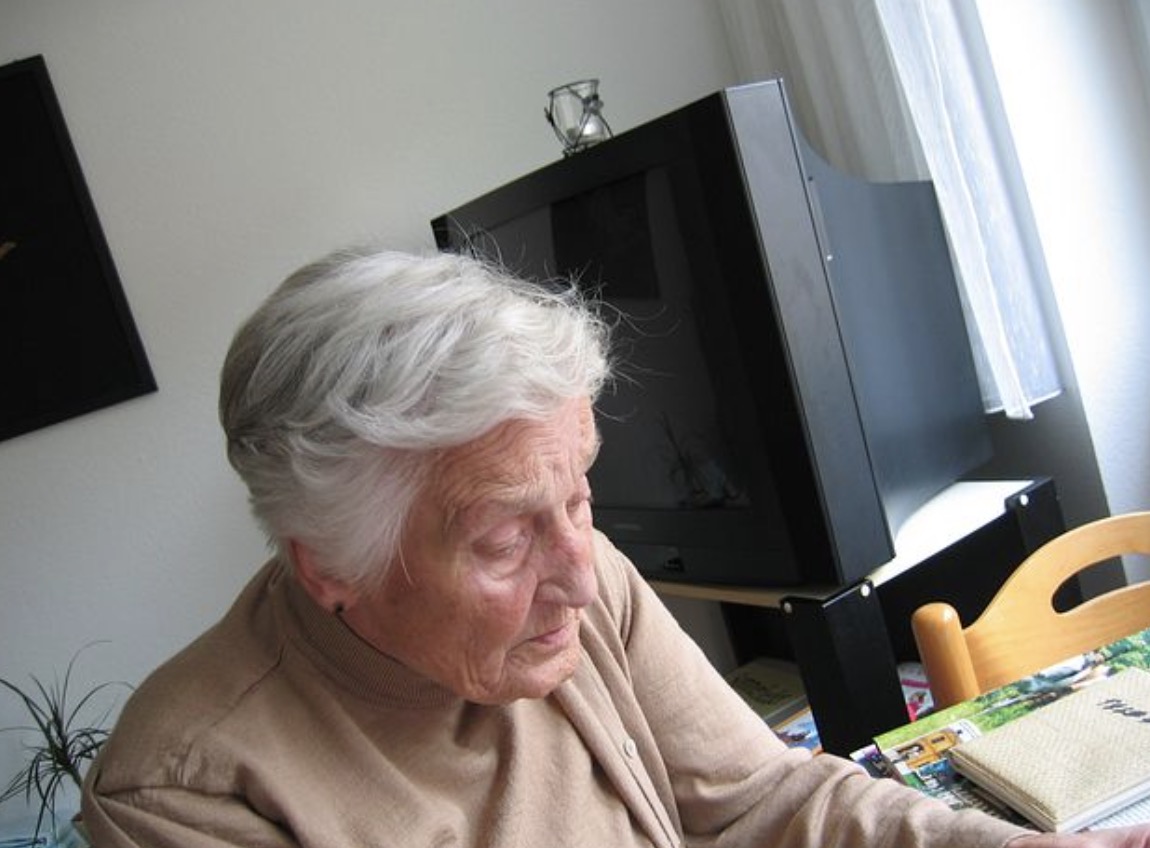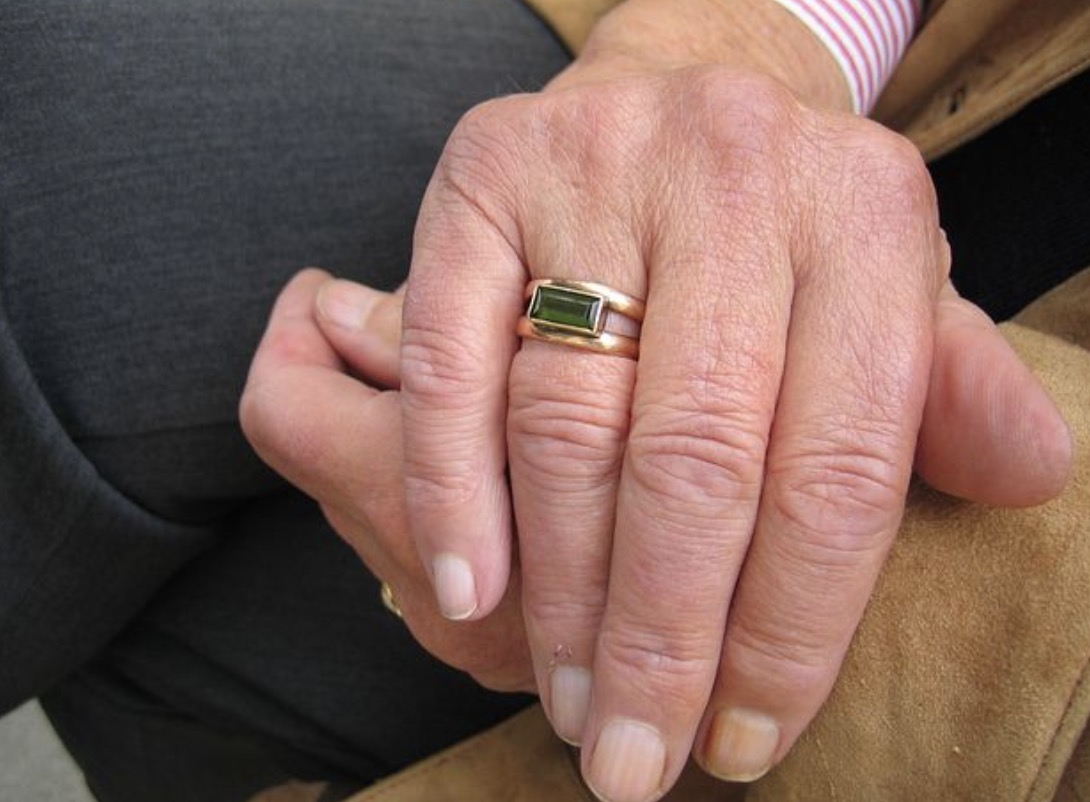Sleep is necessary for restoring the body, and maintaining physical and mental health. Medical professionals recommend having at least seven hours of good sleep to be healthy. Unfortunately, up to 30% of adults experience insomnia, which involves persistent inability to fal and stay asleep. And health reports indicate that many don’t take proactive steps to resolve it early until it starts to affect critical functions like balance, cognition and speech. Indeed, this disorder can take a toll on the body in many ways. Even in young adults, the side effects can be disheartening; and more so for the older age groups. Below is a discussion of possible reasons older adults are more susceptible to insomnia. It also explores ways you can sleep better.
Contents
1. Sleep patterns change in old age
As the body ages, a lot of changes occur internally. One such is the reduced production of the human growth hormone, which is responsible for many things people often take for granted in their younger years. For example, increased production of the growth hormone contributes immensely to quality sleep. The only time a young person experiences this is when they are exposed to great stress. And fewer growth hormones impact melatonin levels.
These are special hormones produced within the brain when a person is in a dark or dim-lit place for more than twenty minutes. Melatonin is responsible for calming the body, slowing breathing and triggering sleep. With reduced levels in the body, an older adult may struggle more to sleep at night. According to the Sleep Foundation, insomnia caused by the reduction of the growth hormone is common in people aged sixty and above. The foundation, however, believes that with a little change in daytime habits, sleep can be enhanced at night.
2. Pain, medical conditions, and associated factors
Studies show that 70% to 80% of the older population live with arthritis, Alzheimer’s, nighttime heartburn, and other chronic health conditions. These medical issues can make it difficult for senior citizens to sleep at night. To make matters worse, many of these conditions are treated with medications that almost always affect sleep. An example is Steroid Prednisone, used to treat Rheumatoid Arthritis. This medication is known to cause long-term insomnia and other side effects. While these medications cannot be stopped altogether, a primary physician or specialist can provide directions, such as reducing the dosage to reduce side effects.
Another technique often used is starting with a low dosage until the body adjusts. After that, the medical professional will increase the dosage gradually. Research has shown that this approach gives the brain ample time to make the necessary adjustments. This way, it would have had enough time to condition the body for these medications. Other associated factors are increased urination and thirst at night when sleep should be happening.
3. Menopause and post-menopause issues

According to statistics, 8 out of 10 menopausal women will experience chronic insomnia. Additionally, 9 out of 10 post-menopausal women will experience insomnia more times in twelve months. These statistics show that older women are more at risk of experiencing insomnia than their male counterparts. With the odds against females, it appears many would have to fight with nature. Hot flashes and night sweat often characterize menopause. All these interfere with normal sleep processes.
Many women around this time are often apprehensive about sleep due to the discomfort felt at night. The anxiety this creates causes them to stay awake at night. If you find yourself in this category, you are not alone. Many menopausal women have problems with sleep and usually rely on sedatives to get a decent snooze. However, over-reliance on sleeping pills can have distressing side effects on the central nervous system. Thankfully, Delta 9 gummies are equally effective at improving night sleep instead of sleeping pills.
4. The wrong combination of medications
You may already know that certain drug combinations can be dangerous. For example, taking Valium and CNS depressants can alter normal breathing patterns. However, only a few people know that certain drug combinations can cause insomnia. For example, steroids and medications used to treat colds or flu should never be taken at the same time. However, a survey on the older population shows that senior citizens often are at risk. This is because many of them with chronic pain are on steroid drugs.
Furthermore, older people are more at risk of contracting colds and flu during the colder months. The combination of steroids and cold medications often triggers insomnia that can last for weeks and even months. This is why avoiding self-treatment or over-the-counter medicines for colds is advisable, especially when you’re on other medications. Your safest bet is to seek medical advice from an experienced physician. A medical professional may prescribe appropriate substitutes to avoid the discomforts of insomnia.
5. Lack of social engagement

Did you know that healthy social engagements contribute to quality night’s sleep? According to science, this is because of the dopamine produced during these interactions. Meeting friends, family, and loved ones activates parts of the brain responsible for mood regulation. This results in dopamine production, which also contributes to proper sleep regulation. Unfortunately, many older people are often lonely and experience depression. These two affect their ability to participate in social engagements.
You may know a few older adults in your neighborhood who rarely receive visitors or engage in social activities. Perhaps, the only time you may see them is when they step out to do some grocery shopping. This phenomenon is quite widespread among this age group. Unless neighbors and family members take an active decision to spend time with older adults, they may continue to battle with long-term insomnia. If this sleep disorder prolongs, it can cause other serious health problems for an old person.
Although research has proven that old people are more at risk of experiencing insomnia, some external factors may aggravate the condition. Therefore, the solution is to always be in consultation with a geriatric specialist on issues to do with your general health and sleep.
